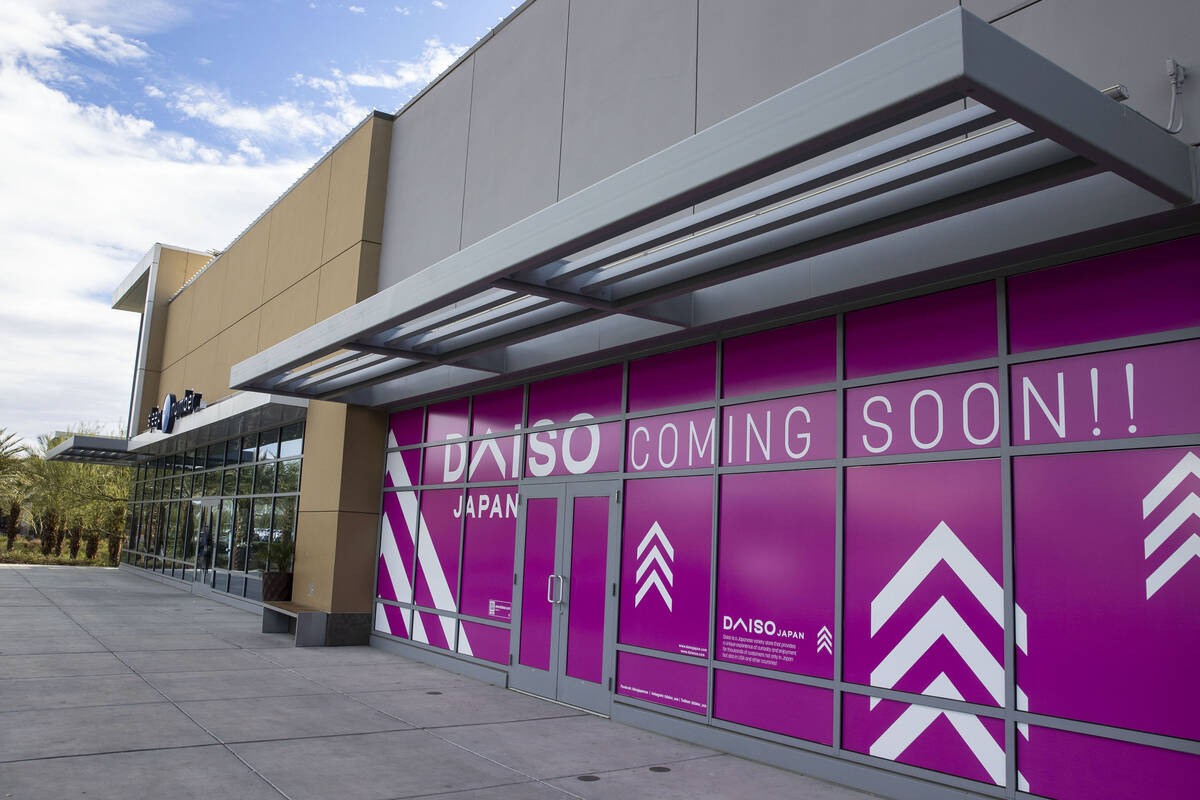MGM Resorts International took a giant step towards acquiring an integrated Japanese resort license on Tuesday when the city of Osaka endorsed the company’s plans for the country’s first major casino.
But the move may have closed the door for other Las Vegas-based casino operators.
Osaka selected MGM Resorts and its Japan-based joint venture partner ORIX to develop a proposed $ 10 billion waterfront complex on Osaka’s Yumeshima Island, games and a wide range of non-gaming attractions includes, including 2,500 hotel rooms, more than 700,000 square meters of conference and exhibition space and a variety of food and beverages.
Osaka is the third Japanese location to have named an integrated resort partner.
Both Tokyo – Japan’s largest city with a population of 14 million – and Yokohama, the second largest city, pulled out of the process this year. Japanese legislation passed in 2018 only allowed three integrated resort complexes that would include casinos and non-gaming attractions such as hotels, restaurants, shops, conference facilities, and entertainment.
In addition to Osaka, both Wakayama and Nagasaki have selected partners, none of which has any connection to the United States.
Las Vegas Sands executives withdrew the company from the Japanese licensing process in May 2020 after they once vowed to spend $ 10 billion to $ 12 billion on a casino resort in Tokyo or Yokohama. Wynn Resorts dropped out of the Osaka process in 2019, and company officials said they would turn their attention to Japan’s Kanto region, which includes the greater Tokyo area and several smaller cities.
Caesars Entertainment withdrew from the Japanese tender in June 2019 when the company announced its $ 17.3 billion merger with Eldorado Resorts.
Analysts have long viewed Tokyo as the most ideal setting for an integrated resort casino. Las Vegas-based gaming advisor Brandan Bussmann of Global Market Advisors suggested the Las Vegas companies as well as Genting Berhad, the Malaysia-based owner of Resorts World Las Vegas, could re-enter Japan.
“Although (Japan) seems to be fixed at the current three locations, there are some scenarios where additional locations could be added, either because not all three have been selected or another location is created before the April 2022 deadline,” said Bussmann .
Japan’s road to legalization of casinos has taken nearly two decades and piqued the interest of major casino companies from the US and Asia.
The draw was due to a populous Asian market and it is estimated that Japanese casinos could bring in between $ 20 billion and $ 25 billion in annual gaming revenue, which at the time, after Macau – which grossed $ 37.6 billion in 2018 – is believed to be came in second and was more than three times the annual numbers of the Las Vegas Strip.
However, a slump in the Japanese economy and the country’s efforts to fund the Tokyo 2020 Olympics, postponed for a year by the COVID-19 pandemic, slowed the process.
MGM Resorts was not deterred and continued the path with Osaka. According to the company, the plans unveiled Tuesday showed a project to help establish Japan as a global tourist destination, with Osaka serving as the city for international business, travel, and world-class amenities and entertainment.
“We will work closely with the prefecture / city councils to create an iconic, one-of-a-kind Japanese travel destination that justifies the selection of Osaka as the home of one of Japan’s first integrated resorts,” said Bill Hornbuckle, CEO of MGM Resorts, in a statement .
MGM Resorts said the company, ORIX and Osaka will submit a land development plan to the Japanese central government during the application phase, which starts next month and runs through April 2022. The licenses for integrated resorts are expected to be issued by the central government next year. If MGM Resorts is selected to receive a license, an opening date is anticipated in the second half of the decade.
Las Vegas Sands now focuses on its six casino resorts in Macau and Marina Bay Sands in Singapore. The company is spending more than $ 5.5 billion combined to expand operations in both markets.
During a conference call on the quarterly results in July, Las Vegas Sands Chairman and CEO Rob Goldstein cut off all discussions about the use of the proceeds from the upcoming $ 6.25 billion sale of his Las Vegas real estate to resume Fund efforts in Japan.
“We tried very hard. We left feeling that there was just too much uncertainty for us, ”said Goldstein. “We can always reconsider something due to changed circumstances, but at this point we are on the sidelines.”
A source close to Las Vegas Sands said the company was unlikely to get back into the process even if Tokyo came alive.
Bussmann said, however, that he would “have a hard time imagining that a company like Las Vegas Sands” wouldn’t jump back into the picture.
“Given the Asia-centric approach and Japan’s still strong market potential, it would be difficult to imagine how such a company would miss this opportunity,” said Bussmann.












